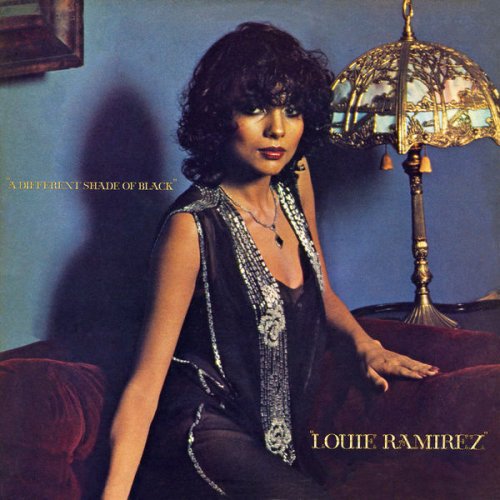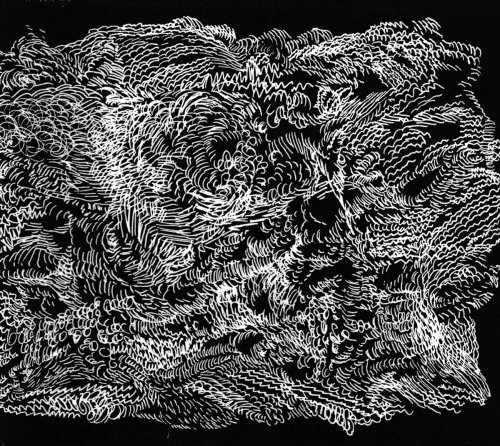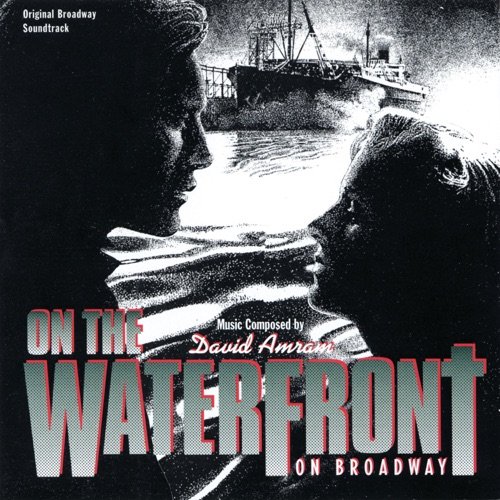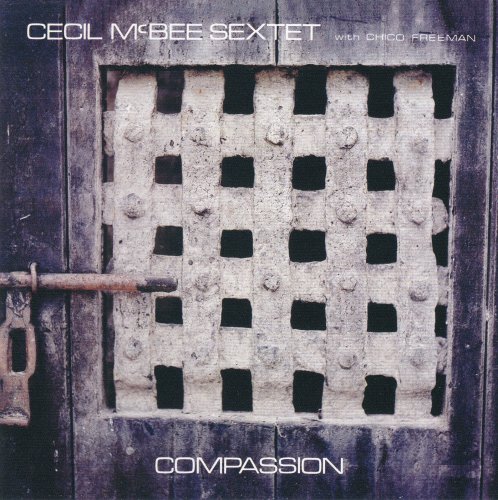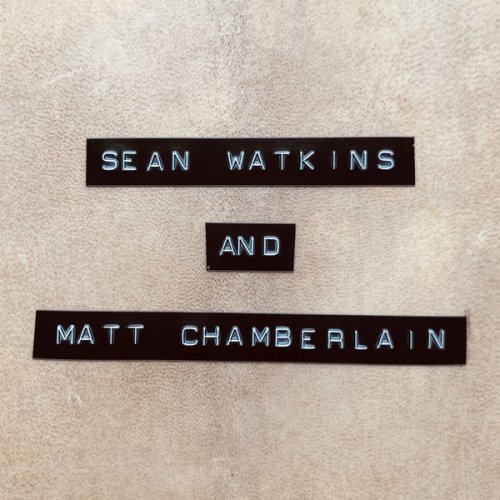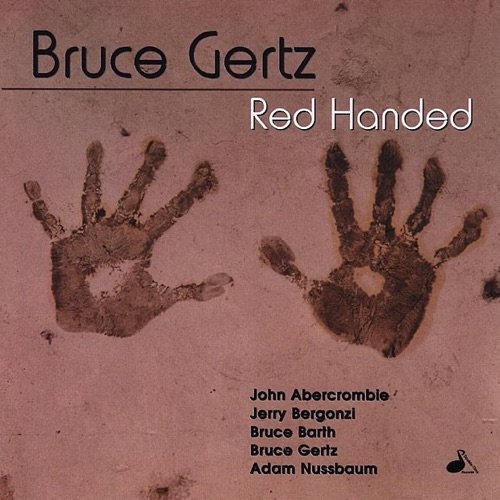Ensemble Musique Oblique - Guillaume Lekeu: Chamber Music (1994)
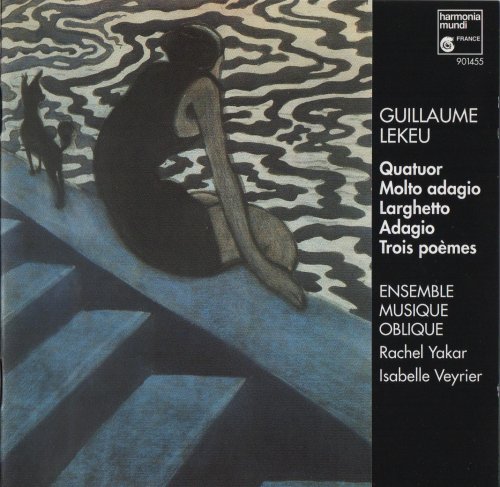
Artist: Ensemble Musique Oblique
Title: Guillaume Lekeu: Chamber Music
Year Of Release: 1994
Label: Harmonia Mundi
Genre: Classical
Quality: FLAC (image+.cue,log,scans)
Total Time: 01:14:02
Total Size: 302 mb
WebSite: Album Preview
Tracklist: Title: Guillaume Lekeu: Chamber Music
Year Of Release: 1994
Label: Harmonia Mundi
Genre: Classical
Quality: FLAC (image+.cue,log,scans)
Total Time: 01:14:02
Total Size: 302 mb
WebSite: Album Preview
01. Molto adagio for string quartet "Mon âme est triste jusq'à la mort" [0:13:50.25]
02. Quartet for piano & strings (unfinished): Dans un emportement douloreux. Très animé [0:15:50.40]
03. Quartet for piano & strings (unfinished): Lent et passionné [0:12:32.03]
04. Larghetto for solo cello & ensemble [0:08:54.02]
05. Adagio for string quartet & string orchestra, Op 3 [0:10:16.40]
06. Poems (3) for soprano and piano: Sur une tombe [0:04:04.25]
07. Poems (3) for soprano and piano: Ronde [0:04:12.28]
08. Poems (3) for soprano and piano: Nocturne [0:04:24.35]
Performers:
Rachel Yakar - soprano
Isabelle Veyrier - cello
Ensemble Musique Oblique
The Belgian composer Guillaume Lekeu, who lived only from 1870 to 1894, studied with Franck and d'lndy, and before his untimely death from typhoid made enough of an impression for d'lndy to complete the Piano Quartet which he left unfinished. This intensely emotional young man, who was ''knocked out'' by his discovery of Beethoven and fainted on hearing Tristan, declared his aim to be that of ''putting all my soul into my music'' and seems to have achieved it. Thus, his Molto adagio of 1886–7 was inspired by Christ's words in the Garden of Gethsemane, ''My soul is exceeding sorrowful, even unto death''. Most of the music on this disc is new to the catalogue, and the performances are heartfelt.
The Molto adagio obviously owes something to Haydn's Seven Last Words from the Cross, but Lekeu has seen these meditations through younger eyes, and although the passion of the writing impresses, the structure is too loose to bear a duration of nearly 14 minutes. It makes one think of him as a kind of romantic C. P. E. Bach, in whose work the late Basil Lam found ''the too-easy surprises of a style where anything may happen''. The Piano Quartet, with just two movements but hardly short at 28 minutes, also emotes vigorously but has beauty as well as eloquence; try the Lent et passionee second movement for an example. The Trois poemes are sensitive songs, to Lekeu's own texts but in each case headed by words from other poets (respectively, Lamartine, Verlaine and Hugo). These come last and are clearer in style, refreshingly unlike what has gone before. Though no genius, Lekeu deserves to be remembered and this affectionately performed and well recorded programme will help his cause.
The Molto adagio obviously owes something to Haydn's Seven Last Words from the Cross, but Lekeu has seen these meditations through younger eyes, and although the passion of the writing impresses, the structure is too loose to bear a duration of nearly 14 minutes. It makes one think of him as a kind of romantic C. P. E. Bach, in whose work the late Basil Lam found ''the too-easy surprises of a style where anything may happen''. The Piano Quartet, with just two movements but hardly short at 28 minutes, also emotes vigorously but has beauty as well as eloquence; try the Lent et passionee second movement for an example. The Trois poemes are sensitive songs, to Lekeu's own texts but in each case headed by words from other poets (respectively, Lamartine, Verlaine and Hugo). These come last and are clearer in style, refreshingly unlike what has gone before. Though no genius, Lekeu deserves to be remembered and this affectionately performed and well recorded programme will help his cause.
DOWNLOAD FROM ISRA.CLOUD
Ensemble Musique Oblique Guillaume Lekeu Chamber Music 94 1910.rar - 302.8 MB
Ensemble Musique Oblique Guillaume Lekeu Chamber Music 94 1910.rar - 302.8 MB

